I have found that many candidates have a natural optimism, dare I say an over-inflated opinion of themselves, which if un-recognized and repositioned can be a major limitation to their career growth.
What are the signs that you could be your own biggest limitation?
- Assuming you really are that good
- Basking in past successes
- Being in denial
- When your ego overtakes your performance
- Rationalizing hindsight
1.Assuming you are really that good
Claiming to be excellent at something, means you need to show you are at the top of those you are being compared against.
- Who are you being compared to? Who is yourpeer or norm group? The standard of comparatively excellent can be much higher than you think.
- Before you claim you are really that good, be sure you can back it up with proofs, and ensure that they are demonstrable and relevant to the peer group you are being compared to.
2.Basking in past successes
It is indeed true that“past performance predicts future performance” and “past behaviors indicate future behaviors”, though it offers no guarantees.
- Of course, it is important to have successes in your history,but you should be able to demonstrate their value in the context of your future role.
- Successes must berelevant and able to be replicated in the new environment as well as part of a consistent track record, rather than a “one hit wonder”.
3.Being in denial
No one likes to admit failures or when their own actions, or lack of actions have created issues and problems; denying negative events is self-limiting.
- Things don’t always go to plan, irrelevant of whose fault it may be, but pretending issues never happened or ignoring learning from such issues is counterproductive.
- You should demonstrate that you own the responsibility for the decisions you made, what you have learned from things that did not work out andpresent a credible “story” of how you have applied such learnings.
4.When your ego overtakes your performance
Success can be a double-edged sword; too much and it can go to your head and not enough can impact negatively on your confidence; there is a fine line between confidence and what can be perceived as arrogance
- Not everyone around you will be enjoying your success if your attitude is perceived as arrogant and you can end up alienating him or her, which may impact negatively on your ability to continue to perform.
- Poorer performance, a deflated ego and damaged confidence can create an ever decreasing spiral that you might never be able to break out of with out help. Sometimes you have to ask for help but don’t leave it too long or it may be too late to rebuild bridges.
5.Rationalizing hindsight
Rationalization in hindsight is a way we justify things we did,or should have done but didn’t, that we know were wrong at the time but did nothing about it.
- Rationalizing hindsight is a form of self-deception where one validates past actions and decisions by offsetting the accountability to outside factors or other people. Psychologists call it cognitive dissonance.
- “If only”is a classic excuse; if only I didn’t have to move, if only that order had come in, if only it had worked, if only that part hadn’t changed etc. You chose to move, it didn’t come in, it didn’t work and it didn’t change means that you made choices, had not adapted and taken the appropriate remedial actions.
It is not just your opinion of yourself that matters; it is the opinion of you by others that may determine your success
Simon Crockett, Founder and Head Coach
To find out more email enquiries@thecareerleadershipacademy.com



